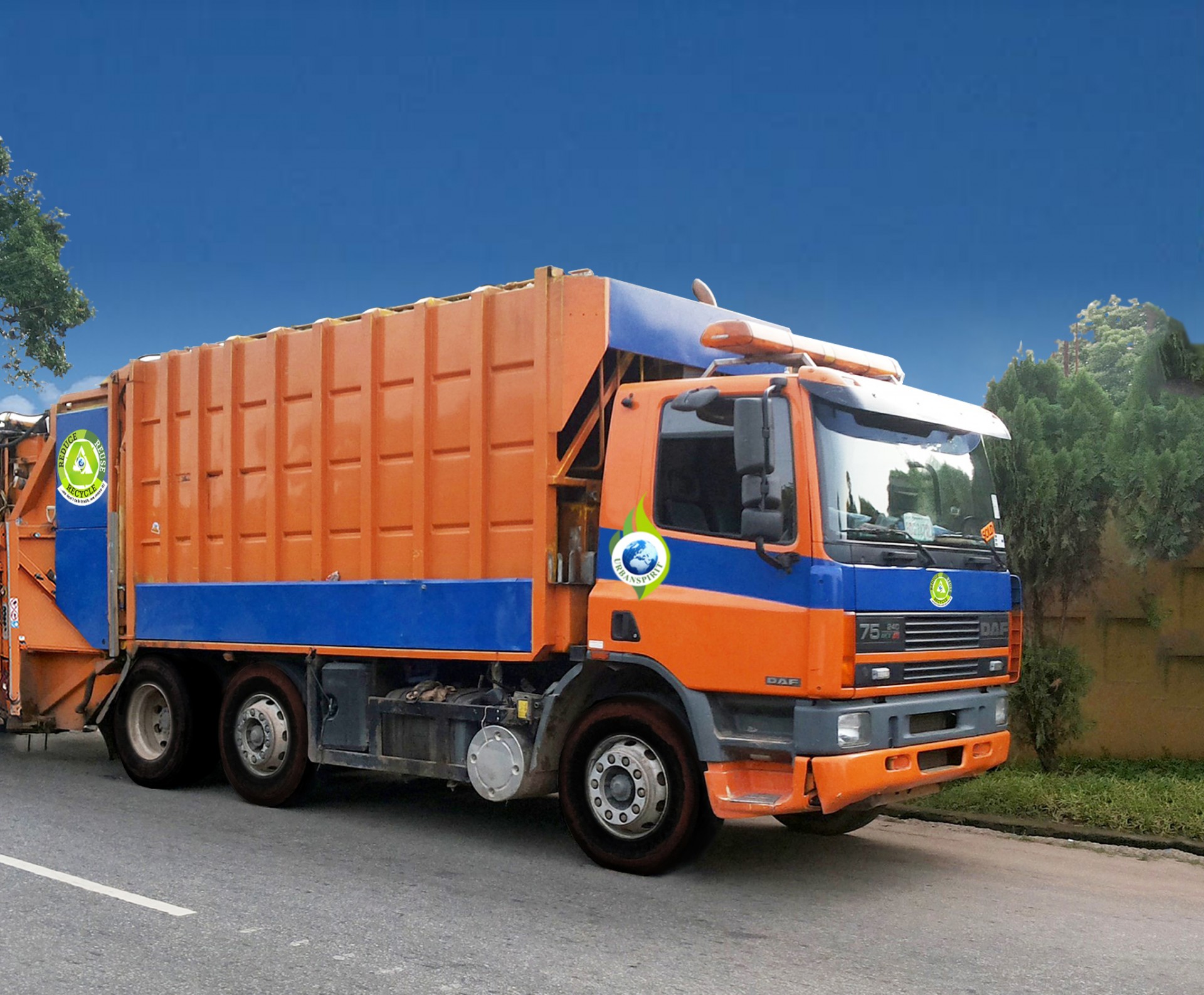Garbage contaminated with bodily fluids or other infectious materials is becoming a bigger concern for hospitals as they brace for a surge in patients sick with COVID-19 in the US. Patients and health care workers are quickly going through medical supplies and disposable personal protective equipment, like masks. Eventually all that used gear piles up as medical waste that needs to be safely discarded.
In Wuhan, where the novel coronavirus first emerged, officials didn’t just need to build new hospitals for the influx of patients; they had to construct a new medical waste plant and deploy 46 mobile waste treatment facilities too. Hospitals there generated six times as much medical waste at the peak of the outbreak as they did before the crisis began. The daily output of medical waste reached 240 metric tons, about the weight of an adult blue whale.
There’s already been an uptick of garbage from personal protective equipment in the US, according to medical waste company Stericycle, which handled 1.8 billion pounds of medical waste globally in 2018. And some things that aren’t usually considered medical waste, like food, now need to be handled more carefully after coming in contact with a COVID-19 patient. Stericycle didn’t provide numbers for how much of an increase it’s seeing so far, adding that it believes it has the capacity to handle the swell and may add shifts to the company’s 50 treatment centers in the US if necessary. Additionally, the drop in elective surgeries might offset some of the rise in waste we’re seeing from the pandemic, a spokesperson for Stericycle tells The Verge.
“It’s a rapidly changing environment right now and forecasting volumes is challenging,” Stericycle Vice President of Corporate Communications Jennifer Koenig wrote in an email to The Verge. “We are closely monitoring the situation with all relevant agencies to determine next steps.”
The CDC says that medical waste from COVID-19 can be treated the same way as regular medical waste. Regulations on how to treat that waste vary by location and can be governed by state health and environmental departments, as well as by the Occupational Safety and Health Administration and the Department of Transportation. Generally, to make sure contaminated trash from health care facilities doesn’t pose any harm to the public before going to a landfill, it’s typically burned, sterilized with steam, or chemically disinfected.
There’s more to worry about than waste from medical centers. The disease is spread out beyond hospitals. Some people who have minor symptoms are recovering at home. Others who are asymptomatic might not know that the trash they’re throwing out could be contaminated. That means people may be generating plenty of virus-laden trash. That’s worrying for sanitation workers, as the virus can persist for up to a day on cardboard and for longer on metal and plastic, according to one study of the virus in lab conditions.
But if garbage is properly bagged instead of kept loose and workers are wearing personal protective equipment, especially gloves, then there shouldn’t be a risk of catching the virus, David Biderman, CEO of the Solid Waste Association of North America, tells The Verge. Practicing social distancing while on the job, including maintaining appropriate distances from people, may also help reduce sanitation workers’ risks, says Elise Paeffgen, a partner with the firm Alston & Bird who works on medical waste issues.
People handling health care waste in particular should wear appropriate gear, including boots, aprons, long-sleeved gowns, thick gloves, masks, and goggles or face shields, according to recommendations from the World Health Organization. Luckily, protective efforts so far seem to have paid off. “There is no evidence that direct, unprotected human contact during the handling of health care waste has resulted in the transmission of the COVID-19 virus,” according to a March 19th technical brief from the WHO. As the pandemic grows, so will the waste, and keeping that garbage safe and contained will continue to be a challenge for communities until the crisis is over.
SOURCE


